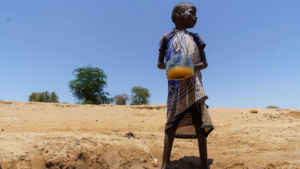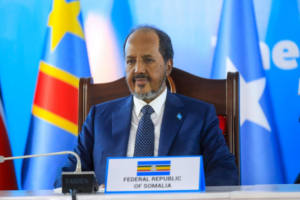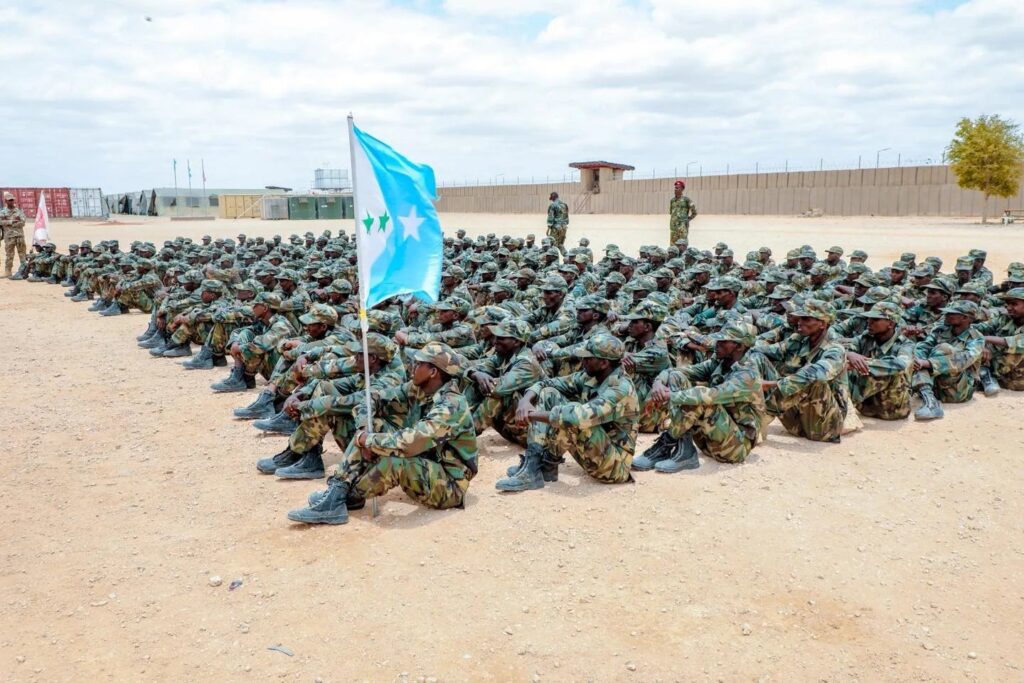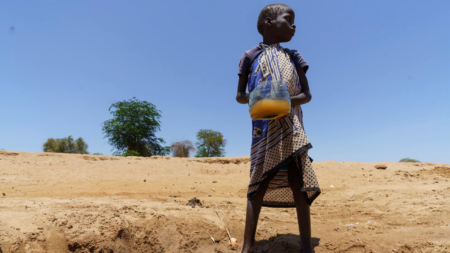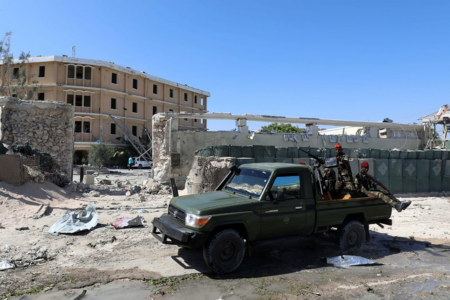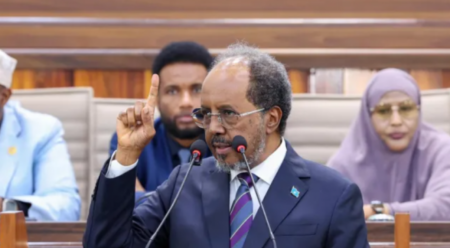In a significant development in central Somalia, seven newly trained Galmudug soldiers have defected to the Islamist militant group Al-Shabaab.
The incident occurred in the Galgaduud region and has raised concerns about the stability and loyalty within Somalia’s security forces.
Details of Galmudug Soldiers Defection
According to reports, the defectors were part of a recent cohort of the Darwish paramilitary unit, which had undergone training under the supervision of Galmudug’s regional President, Ahmed Abdi Kariye, also known as Qoorqoor.
Galmudug soldiers reportedly arrived in the Al-Shabaab-controlled town of El Garas, where they were received by the group’s local commanders.
The militants are believed to have facilitated their defection and ensured their safe passage into the area.
Background on Al-Shabaab’s Recruitment Tactics
Al-Shabaab, an Al-Qaeda-linked militant group, has long sought to exploit vulnerabilities within Somali security structures.
The group is known to welcome defectors from government forces, often offering protection and financial incentives.
Including payment for weapons and equipment brought by those who switch sides.
This strategy has been part of Al-Shabaab’s broader efforts to bolster its ranks and operational capacity.
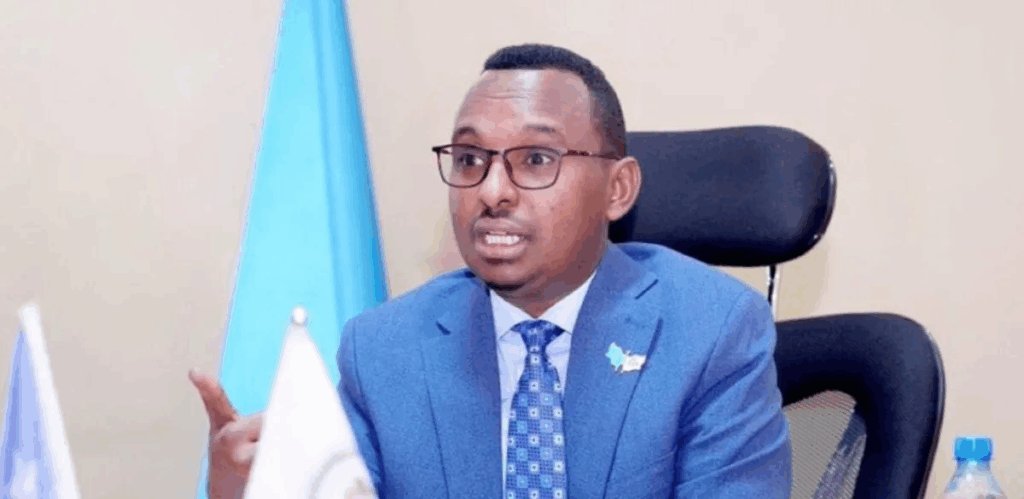
Implications for Somali Security Forces
This defection is part of a broader pattern of personnel leaving Somali security forces to join Al-Shabaab.
Over the past year, dozens of personnel from various regions and paramilitary units are believed to have defected to the insurgent group.
Such defections raise concerns over morale, loyalty, and the effectiveness of vetting and oversight mechanisms within Somali national and regional forces.
Government Response on Galmudug Soldiers Defect
Neither Galmudug state officials nor the Somali federal government have publicly commented on the latest defection.
The lack of official response has led to questions about the government’s awareness and handling of such incidents.
Analysts suggest that a more robust approach to addressing the underlying issues contributing to defections is necessary to maintain the integrity of Somalia’s security forces.
Conclusion
The defection of these seven soldiers highlights ongoing challenges within Somalia’s security apparatus.
It underscores the need for comprehensive reforms to address issues of loyalty, morale, and oversight within the armed forces.
As Al-Shabaab continues to exploit these vulnerabilities, it is imperative for Somali authorities to implement strategies that strengthen the resilience and cohesion of their security forces.
